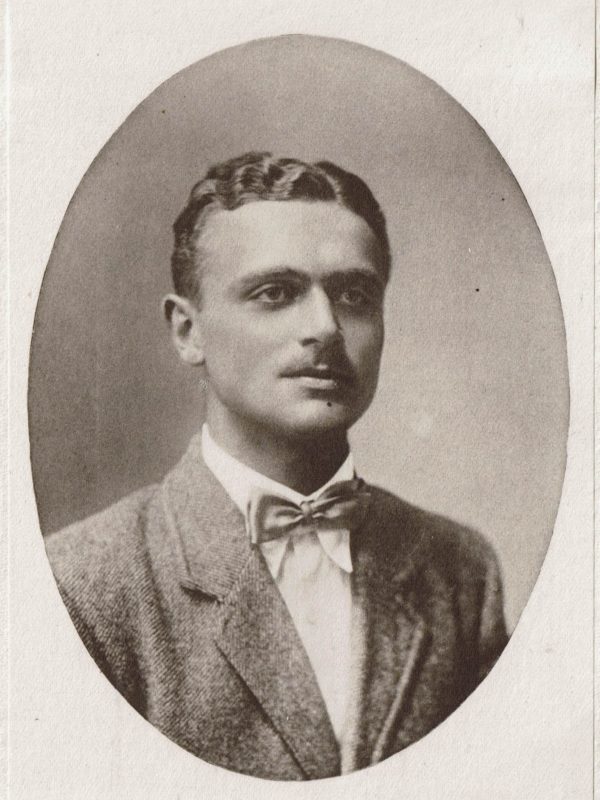Died: 14 March 1917
Age: 21
Donald Franklyn Hubert, eldest surviving son of HJ Hubert, of Jersey, Music Master at the College, was born 4th October, 1895. He entered College in September 1905 and remained for eight years. Popular With everyone, and familiarly known as “Bobbie,” he became, distinguished in many ways – as Head Prefect, Colour-Sergeant of the OTC, and a prominent member of the Shooting VIII and Hockey XI in 1912 and 1913. As one of the VIII he was at Bisley in 1912 when we led at 200 and missed the Ashburton Shield by one point. His name was not only never absent from the prize list on Prize Day, but also invariably appeared amongst the winners at the Athletic Sports. He took the London Matriculation in 1912, and in the following year passed into Sandhurst, taking fifth place and a Prize Cadetship.
He was destined for the Indian Army, but at the beginning of the war and before he had completed his training at Sandhurst, in August 1914, he was gazetted to the 2nd Battalion, The Inniskilling Fusiliers, then in Ireland. Two months later he was transferred to the 1st Battalion, The Royal Irish Rifles, who had just returned from India, and with them, in the 8th Division, he crossed to France and went straight up to the front, where his regiment relieved some Indian troops in the Armentieres sector. With the exception of a few days’ leave in February 1915, he spent the first winter of the war in the trenches. The following March he was present at our first offensive at Neuve ChapeIle, where he was wounded. On leaving hospital, he came home on convalescent leave, and in June, 1916 returned to Ireland where he remained till the autumn, when he was ordered to India. On arriving he joined the 83rd Light Infantry at Secunderabad and spent this year in garrison. In the autumn of 1916 the regiment was ordered to Burmah for guard duty over a Turkish prisoners’ camp. A few days after their arrival, officers were allowed to volunteer for active service in Mesopotamia. He immediately offered his services and was sent to Basra, where he was put in charge of a convoy of horses for the front. Arrived in camp he joined the 9th Bhopals and with them went through the campaign which culminated in the capture of Baghdad. On 14th March, 1917, three days after the fall of the town, an attack was made on some Turkish lines about four miles west of Baghdad by a force composed of The Black Watch and the 9th Bhopals. The Black Watch were hard pressed, half of the Battalion having become ineffective, when the 9th Bhopals were ordered up to press home the attack. Hubert was now in command of a Company, and while leading it to the assault fell mortally wounded. His last recorded words showed that his duty as a soldier was paramount in his mind. “I am hit,” he said, “but never mind me, keep on advancing.” A few hours later, when the sound of battle had died away and the night was approaching, he was laid to rest where he fell.
Always trustworthy, he was faithful to the end. Non omnis moriar.
The above text appeared in the Victoria College Book of Remembrance published in 1920.
The link to the Channel Islands Great War Study Group Project website is:
http://www.greatwarci.net/honour/jersey/database/hubert-df-basramem.htm

